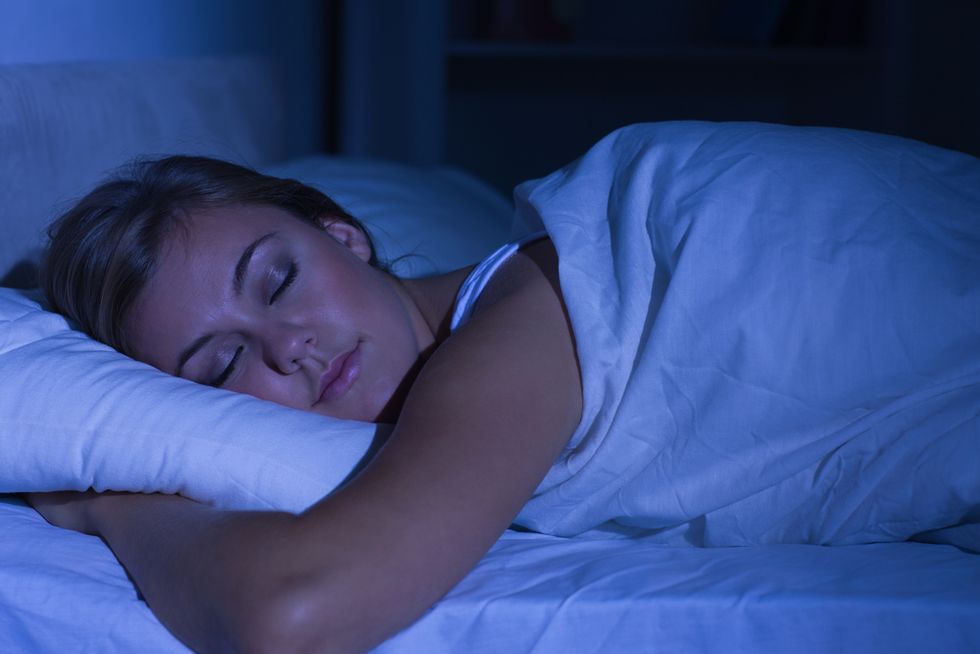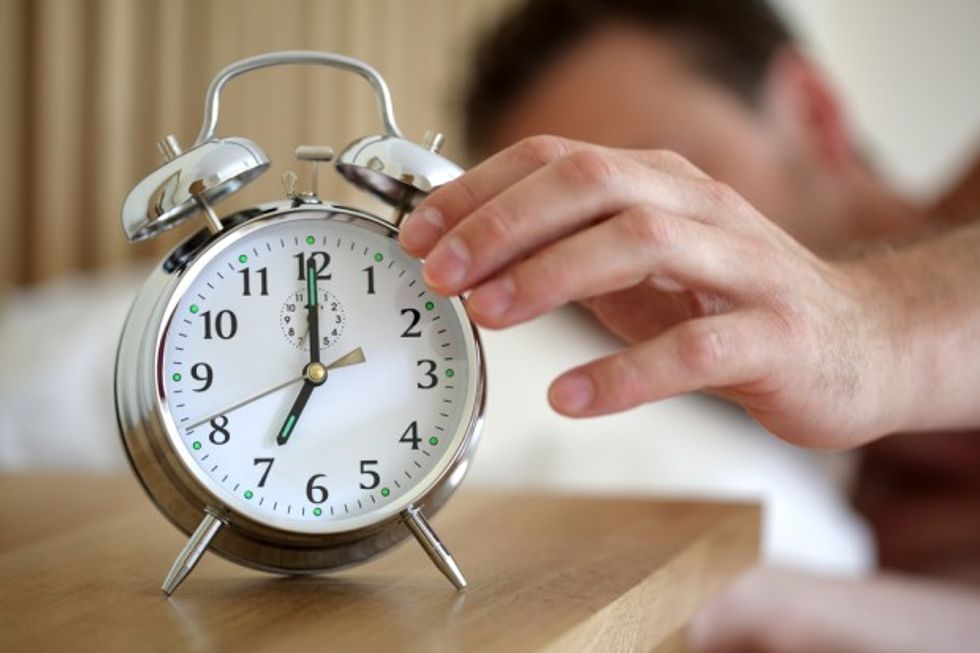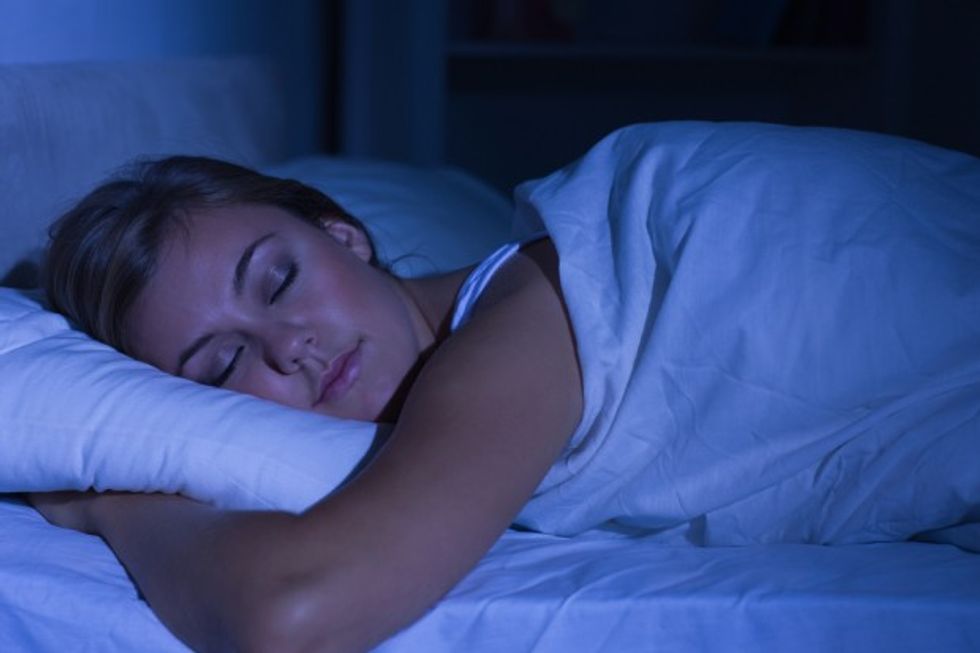
Photo credit: Shutterstock

Most of us have that friend or coworker who seems to be able to get by on less sleep. While the rest of the world goes to great lengths to remain focused and energized throughout the day — from caffeinated drinks to strict morning rituals to REM-monitoring devices — some people just seem to function better without the extra shuteye.
Researchers at the University of California, San Fransisco have discovered a genetic mutation that allows a rare group of humans to thrive on very little sleep.

“We actually stumbled upon this gene serendipitously,” said UCSF neuroscience professor Dr. Ying-Hui Fu told KPIX-TV. “We were not really looking for a gene that caused people to need less sleep or sleep less.”
The genetic mutation is called DEC2, or the “super-sleeper” gene. Fu said individuals with this mutation can sleep four to six hours per night and still be fully energetic and productive during the day. Health officials typically recommend seven to nine hours of sleep for the average adult.
“Whatever our brain needs to do in our eight hours for you and me, it can be done for four hours in these people,” Fu explained. She called this rare faction of society “efficient sleepers.”
Efficient sleepers have distinct characteristics, Fu said.
“In addition to sleeping four to six hours [a night] their whole life they are very energetic, very optimistic. They’re always optimistic and go-go-go.”
Fu also noted that these super-sleepers are more likely to have more than one job, not because they need the money, but because they have physical and creative energy to burn.
Fu added that though the mutation is hereditary, it’s very rare, occurring in less than one percent of the population.
Abby Ross, a participant in UCSF’s sleep study, is included in that one percent.
“No matter if I get two, three, four hours I always feel energetic and awake,” Ross told KPIX-TV. “If I was up at 3 o’clock in the morning I would kind of try to go back sleep and it never worked.”
Ross said most of her life she had an inkling that she was different from others. During her undergraduate years at Northwestern she discovered that her body was able to endure late-night study sessions better than most of her peers.
“That was like gold. Everybody was asleep. Nobody could bother me,” she said, “but I didn’t look at it like a gift.”
When Ross learned about the UCSF study last year, she volunteered to participate. When the results came back, she learned that her family was part of this rare group.
“It’s called a mutation and that could be a little bit scary,” Ross said.
Though she found the news to be a bit unsettling at first, Ross said the results later offered understanding and relief.
“My day is longer than most people — I can get more things done. I just love this,” Ross said. “If I had a penny for every person that’s ever said to me, ‘I wish we could bottle this,’ that’s what they’re [UCSF] doing now.”

Dr. Fu and her team of researchers successfully replicated the DEC2 gene effects in mice. The goal of the experiment was to translate the knowledge from Fu’s research into a drug or supplement for humans. But according to Fu, that goal is likely decades away: “I think in the long run some day that’s a real possibility because if we can understand what makes these people sleep more efficiently…we can come up with some idea about how to safely regulate our sleep more efficiently.”
Medical experts like Dr. Clete Kushida at Stanford’s Sleep Medical Center have said that in the meantime, the best thing the rest of us can do is just to get enough sleep.
“I would argue that that’s always good to have more efficient sleep but to try and stay above the seven hours or more,” Kushida said.
According to the Center for Disease Control and Prevention, inefficient sleep is an epidemic that affects most Americans.
“I think that’s definitely one of the biggest problem we are facing, but I think a lot of people are not realizing how important sleep is us,” Fu said. She shared that she would like to solve this problem with her study.
“This is my passion I want to educate people to help them understand this is something simple you can do. All you need to do is pay attention to your sleep,” she said.
Fu and her team are currently working to discover more mutations with the same effect as DEC2.
(H/T: KPIX-TV)
—
Front-page image via Shuttershock.